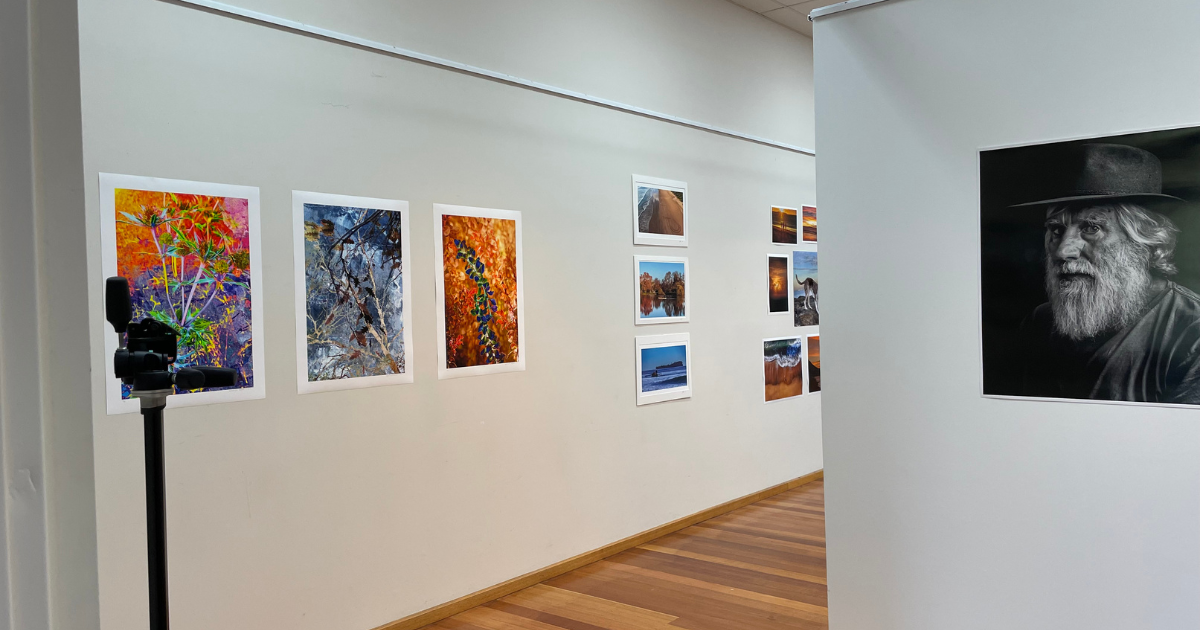Honesty is the best policy for mental health

headspace chief executive officer Jason Trethowan said It can be difficult for young people to make sense of what has happened, so parents opening conversations about mental health with their children is an important step in supporting them.
EXPERTS are encouraging parents to be straightforward and honest when talking about mental health with their children.
The advice comes after the death of a Year 11 student who took his own life last month.
As grief and confusion spreads among the student’s peers, headspace chief executive officer Jason Trethowan said talking openly was important.
“While talking about suicide can feel daunting, talking about it in a calm and straightforward way, as well as providing information and support, is very important in helping young people to manage their feelings.
“It can be difficult for young people to make sense of what has happened, so opening conversations about mental health with your children is an important step in supporting them through what is understandably a difficult time.”
Mr Trethowan said if you were concerned that a young person might be having suicidal thoughts, are feeling overwhelmed or planning to take their life, it is important to take what they said seriously and act immediately.
“Ask them directly about whether they are having thoughts of suicide and if they have a plan for how they will do it. This will not ‘put thoughts into their head’ and is vitally important in assessing their risk of suicide.
“You don’t need to be a clinician, a GP or a nurse to check-in with someone you are worried about. It’s also important to encourage them to seek help and let them know what support options are available.”
As messages poured out across the Bellarine, the words in an open letter written by the student’s former music teacher highlights the enormity of loss, and the tragedy of suicide.
“I am not a friend I am not family. I was his music teacher, we shared a love of music, music, music. I had to say it more than once because, well it’s damn music,” the letter states.
“Along with the amazing people I work with I would like to think I was part of a group of mentors that he looked to for advice and direction. He needed mentoring, his 6ft 5in frame reminded me of a new puppy that hadn’t quite grown into himself.
“Full of enthusiasm, not quite sure of themselves and clumsy on so many levels. A healthy disregard for authority (as every punk musician should have).”
The letter describes a student who was talented, with an ability to turn an “inane and trivial song into one you wanted to listen to” second to none.
Salli Hickford from Hope Bereavement Care’s Support After Suicide program in Geelong said SAS provides specialist bereavement support to anyone grieving the loss of a loved one by suicide; and those in the wider community who may be caring for them.
Ms Hickford said Hope SAS use specialist bereavement staff and trained peer mentors to provide information, counselling and support groups.
“When a loved one dies by suicide, the grieving process can be complex and difficult to resolve, and this can leave people feeling very isolated.
“During the global coronavirus pandemic and the need to self-isolate, this can make these feelings even more intense and cut off some of the usual support networks available.
“If you are grieving after a suicide, it is important to reach out to your loved ones for support, and if you want to support someone please make contact and show a willingness to listen. It may be distressing, but you’re not expected to provide answers.”
Grant Gibson from headspace Geelong said there are no rules around offering condolences and how a person deals with and responds to grief can be influenced by many factors.
“Some considerations when offering support might be to listen. Being there and allowing conversations around the grief being experienced can be a good support.
“Don’t be afraid to bring up a loved one’s name. It can be important to talk about them and share memories. Remember that there’s no timeline for grieving. Everyone deals with grief in their own way and in their own time.”
For more information head to supportaftersuicide.org.au and local referral can be made to Hope Bereavement Care by phoning (03) 4215 3358 or emailing [email protected].
If you or a loved one needs help: headspace Geelong: 5222 6690, eheadspace: 1800 650 890, Jigsaw triage: 1300 094 187, Bellarine
Community Health: 5253 0400, Kids Helpline: 1800 55 1800 or visit a GP or hospital emergency department.

















